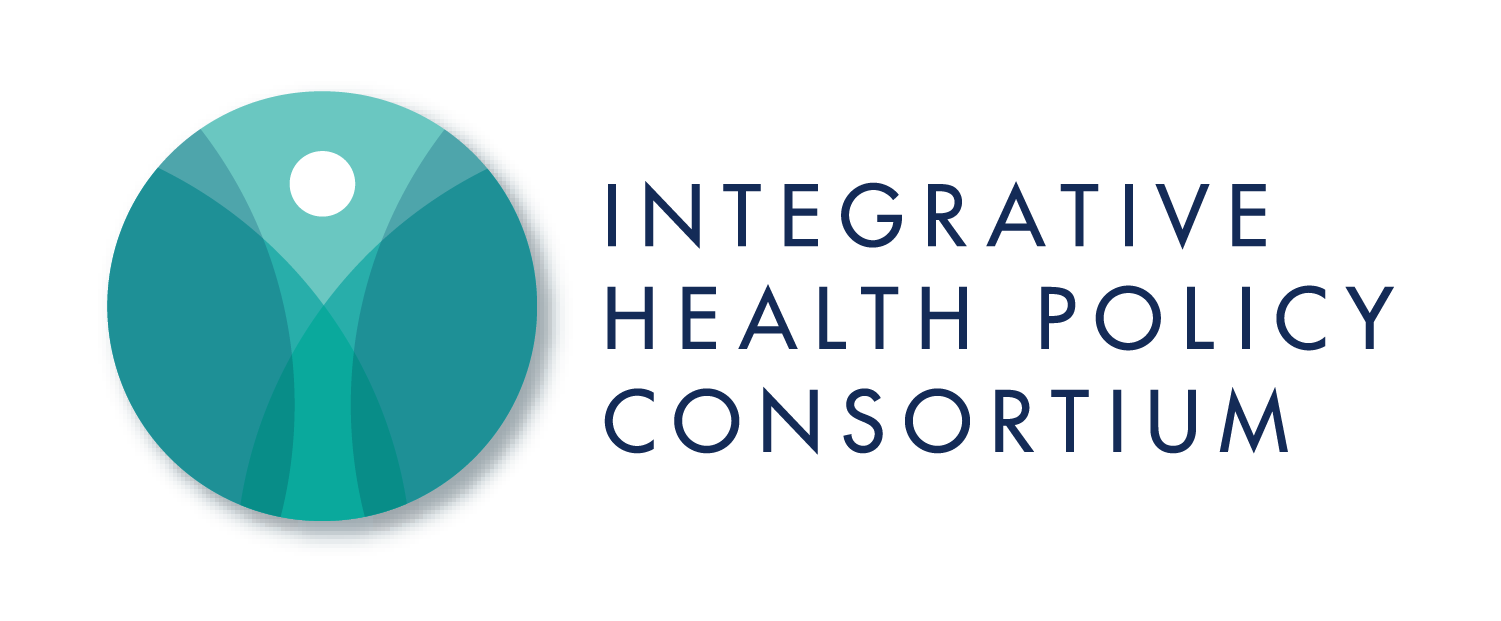Congress Passes Major Health Legislation
Inflation Reduction Act
Before adjourning for its August district work period, Congress passed H.R. 5376, the Inflation Reduction Act, a sweeping package of legislation overhauling several federal climate, health, and tax programs. The measure, which passed the U.S. Senate and House of Representatives by party line votes in both chambers, included two major provisions of interest to IHPC.
First, the bill extended subsidies to help eligible individuals purchase health insurance under plans sanctioned by the Affordable Care Act. The current subsidies were set to expire at the end of this year. In addition to extending the existing subsidies an additional three years, the legislation increased the number of individuals eligible to receive assistance with their insurance premium payments.
The legislation also created new programs designed to cap and lower seniors’ drug costs by allowing Medicare to negotiate costs for some drugs. Specifically, the bill would allow Medicare to negotiate lower prices for 10 high-cost drugs beginning in 2026, ramping up to 20 drugs by 2029. The bill stipulates a penalty if a drug company refuses to participate. According to information released by the Joint Bicameral Economic Committee, the health related provisions in the bill will save more $200 billion over 10 years.
President Biden signed the bill into law on August 16, 2022.
Advancing Telehealth Beyond COVID-19 Act
In a separate action, on July 27, the U.S. House of Representatives passed H.R. 4040, Advancing Telehealth Beyond COVID-19 Act. The bill would extend Medicare coverage of telehealth services until December 31, 2024. A similar bill has not been introduced in the U.S. Senate. According to sources, it is not likely that the Senate will consider this measure before they adjourn at the end of September. However, it is likely the bill will be debated this year during the anticipated lame-duck session, which will occur after the mid-term elections in November.
As part of an earlier measure, the Consolidated Appropriations Act of 2022, Medicare coverage of telehealth services was extended for 151 days beyond the end of the current public health emergency. Therefore, it is not imperative for Congress to pass H.R. 4040 immediately.
It is clear that enhancing access to telehealth services remains a major congressional priority. As an illustration, in June 2022, the Republican-led Healthy Future Task Force Modernization Subcommittee in the U.S. House of Representatives released a series of recommendations to expand access to innovative health care technologies, like telehealth, and to address “fraud, waste, and abuse in our health care system.” If the Republicans win control of the U.S. House of Representatives after the mid-term elections, these recommendations will help shape the new leadership’s health policy priorities and legislative agenda.

Add Comment